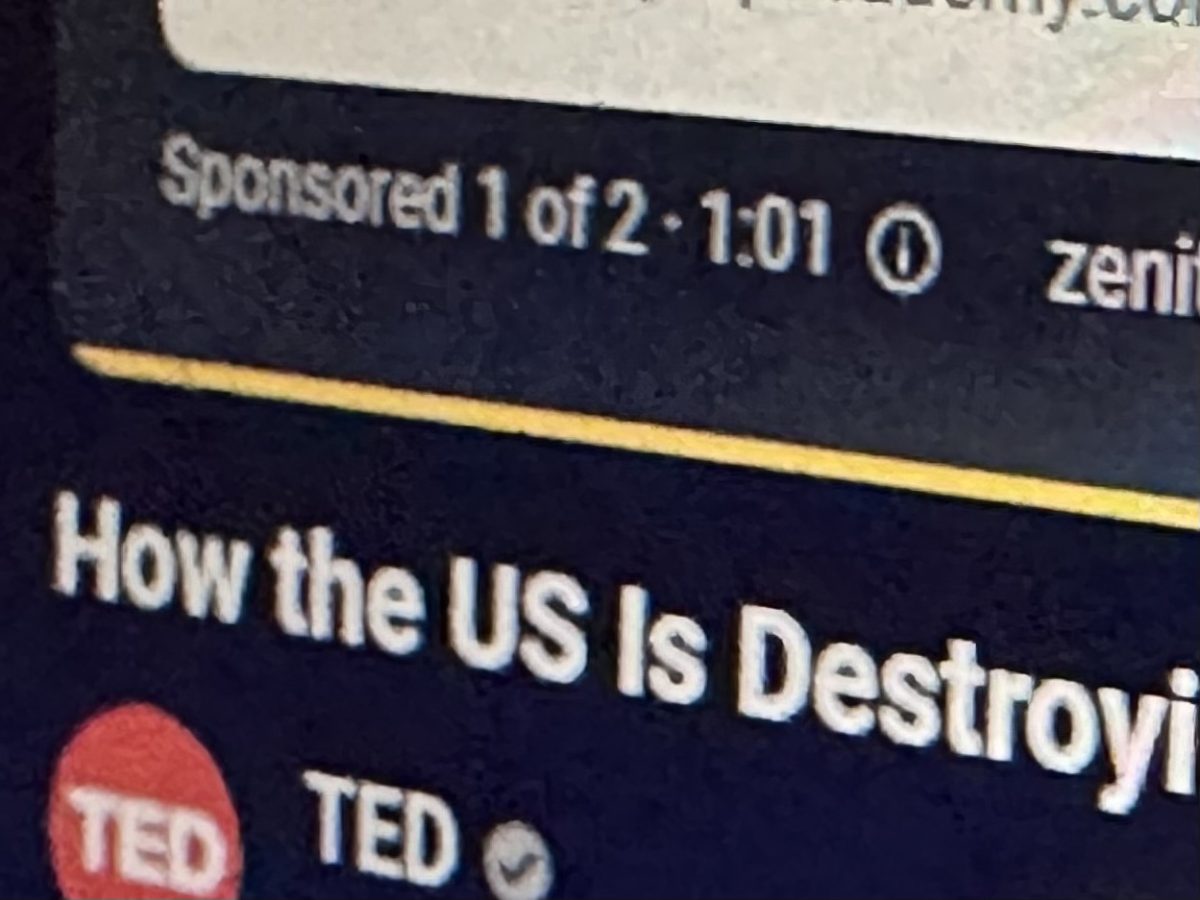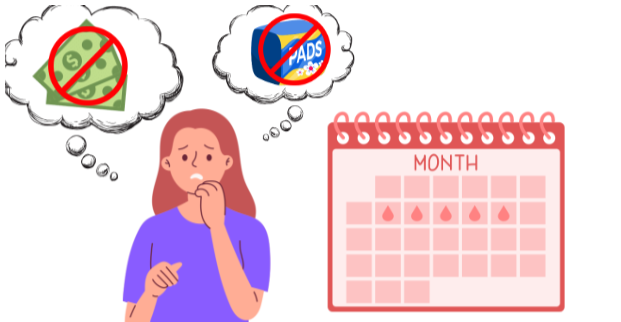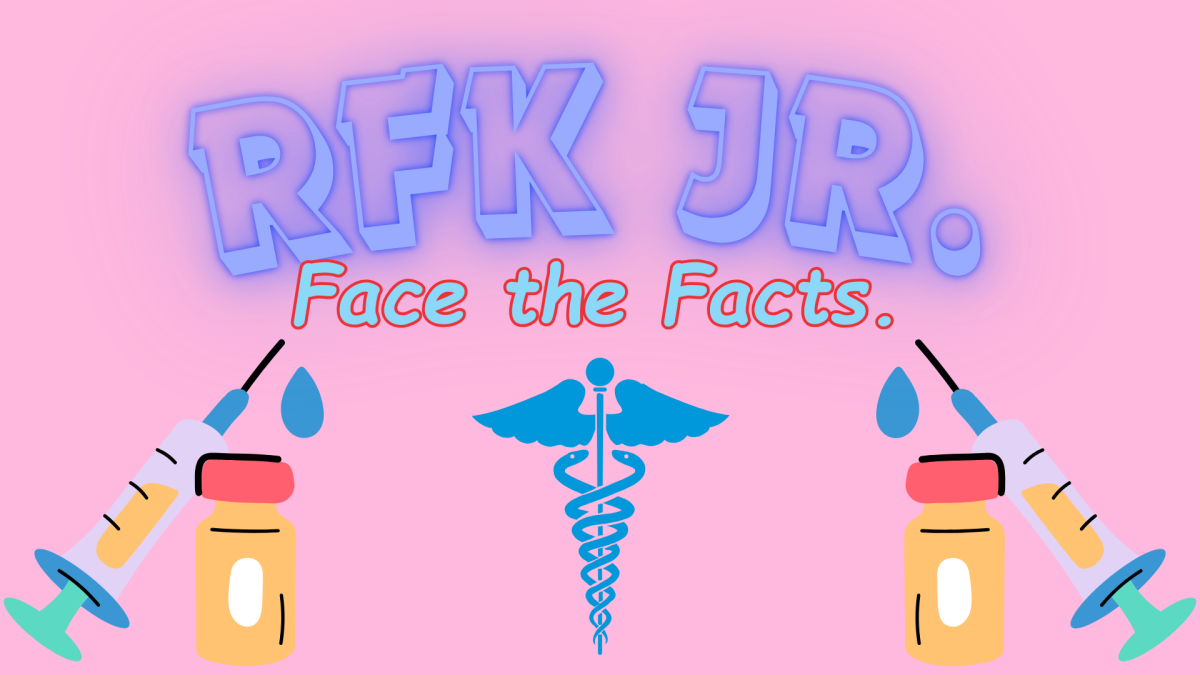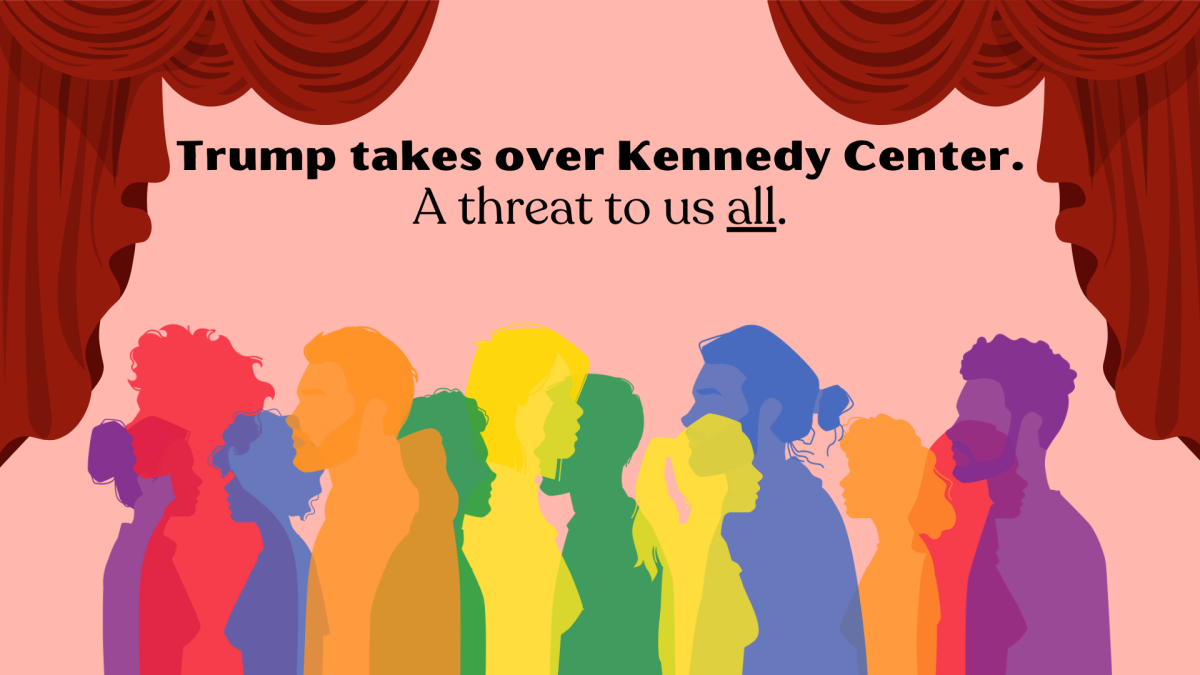From music to instructional videos, YouTube is used daily in our school, however every time we go to use it, instead of watching an educational video like a TedTalk, we spend a minute watching ads. This is not only distracting students from learning, but it also adds to our media-fueled impulse-driven consumer culture.
Students in school are taught to manage their money in the consumer education course required by the school. Ads typically promote a product, and the spending of a consumer’s money to purchase said product. Flashy ads often influence us to make impulsive purchases. During high school, students’ brains are still developing and setting bad spending habits in students by having ads in our daily lives in an educational environment is not going to be good for the students financially long-term. Not only are students more likely to spend their money based on impulse decisions, but this also is likely to promote insecurity in students from the need to get the newest trendiest products.
The educational environment should promote learning, not spending money or being spammed with advertisements. With the new addition to school building, it makes it questionable as to where the school budget goes when there are other problems in the already existing building.
The school can get YouTube Premium, a service that not only would give classrooms better access to music, but also get rid of ads on videos all together.
Now lets hear a few words from Consumer Education Instructor, Kara Mielke
How often in classes do you use YouTube?
Pretty regularly especially in marketing, when it comes to showing like ads and videos and kind of looking back on a lot of marketing tactics, definitely for commercials and stuff like that. So pretty frequently.
How often do you get ads on educational videos and music and class?
On just educational on anything? Um, pretty frequently. There’s usually a good amount of ads, but he basically on every YouTube specifically video that I watched that I have to skip pensively.
Do you think it’s worth investing into YouTube premium or an ad blocker or something to prevent the ads?
Yeah, I think that, you know, if it works out in the budget, that that would be a decent way to be able to spend some money I think a lot of teachers use YouTube but it does sometimes be a little disruptive if it stops in the middle of a video for an ad or something like that. So it can be I can see it being beneficial. A lot of us fall customed to clicking on ads as we see them and those impulse purchases and that’s why they work and that’s why advertisers keep doing it. So yeah, I mean, anyway, to try to save our students from spending impulse money, I think is a good way to go.









